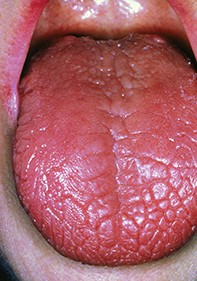Peer Reviewed
Feature Article Immunology and allergy
Sjögren’s syndrome in 2013
Abstract
Sjögren’s syndrome is an autoimmune disease that commonly causes dry eyes and mouth but can affect almost any organ. Management includes relief of sicca symptoms, monitoring for extraglandular complications and use of immunosuppressive agents when required.
Key Points
- Sjögren’s syndrome is an inflammatory autoimmune disease that commonly presents with sicca symptoms but can affect almost any organ and have a major impact on quality of life.
- Severe lower urinary tract symptoms, autonomic dysfunction and obstructive sleep apnoea have recently been recognised as common in primary Sjögren’s syndrome.
- Lymphoma is a well-known complication, and regular surveillance is necessary.
- Symptomatic treatment of sicca symptoms and prevention of corneal and periodontal disease are the mainstays of management.
- Hydroxychloroquine may be considered for skin rash, fatigue, arthralgia and myalgia.
- Immunosuppressive agents may be warranted for significant inflammation of vital organs.
- Rituximab shows promise for improving oral dryness, fatigue and vasculitis and is a proven therapy for lymphoma.

